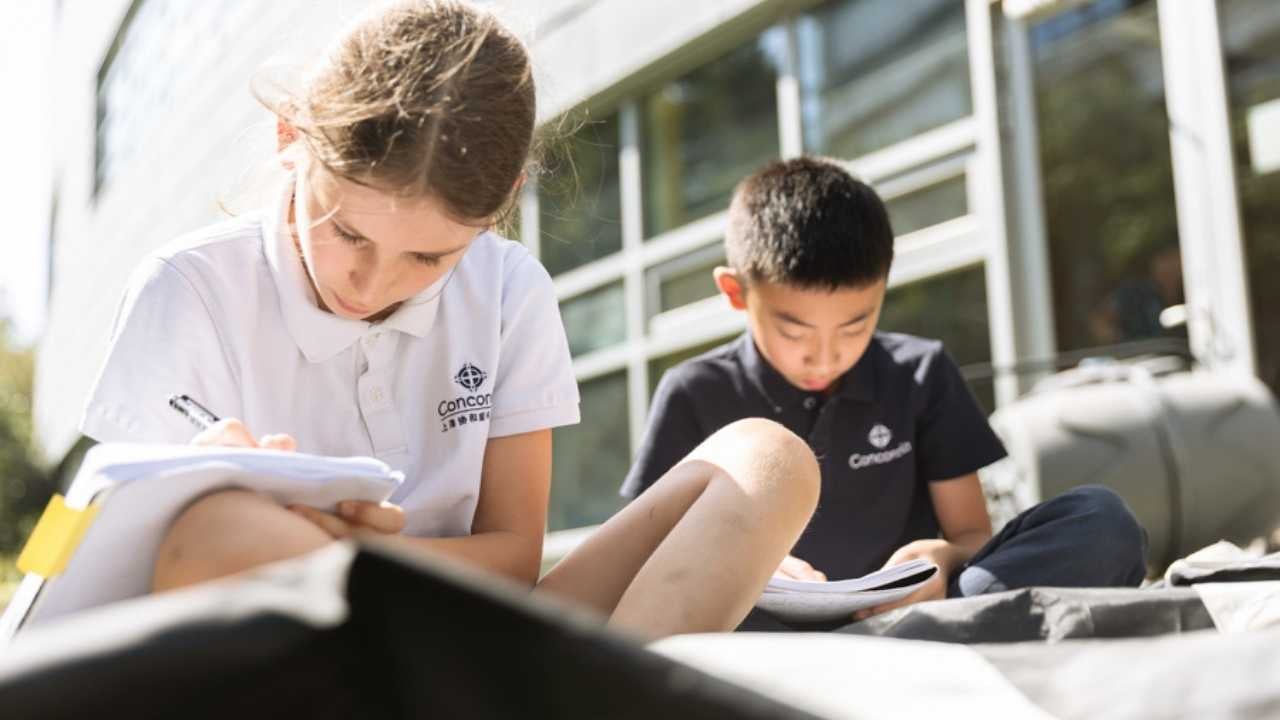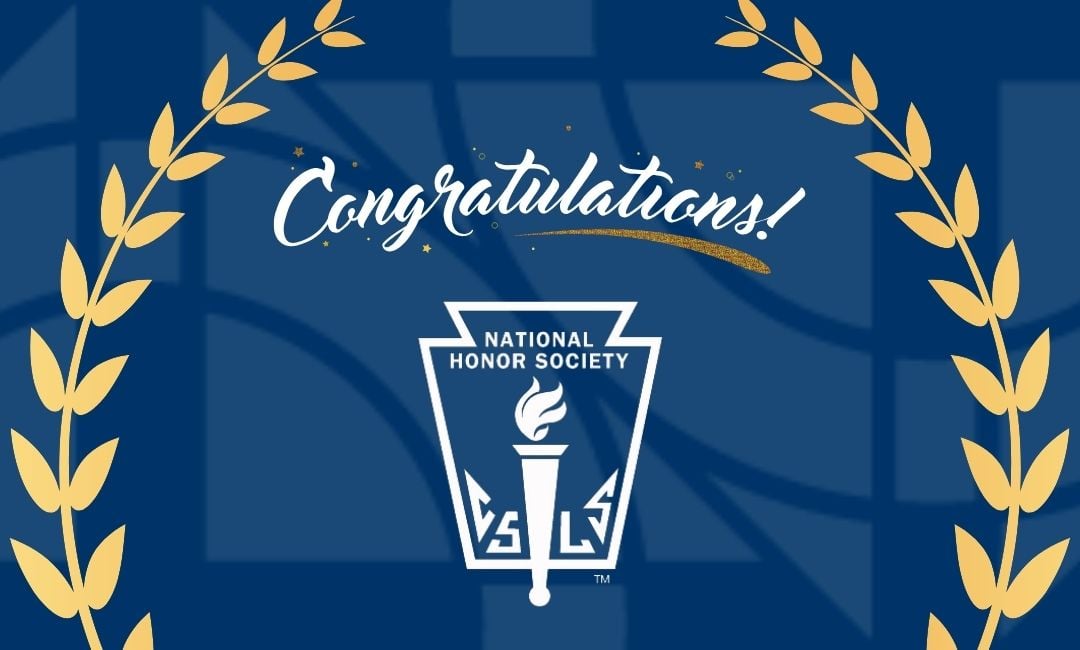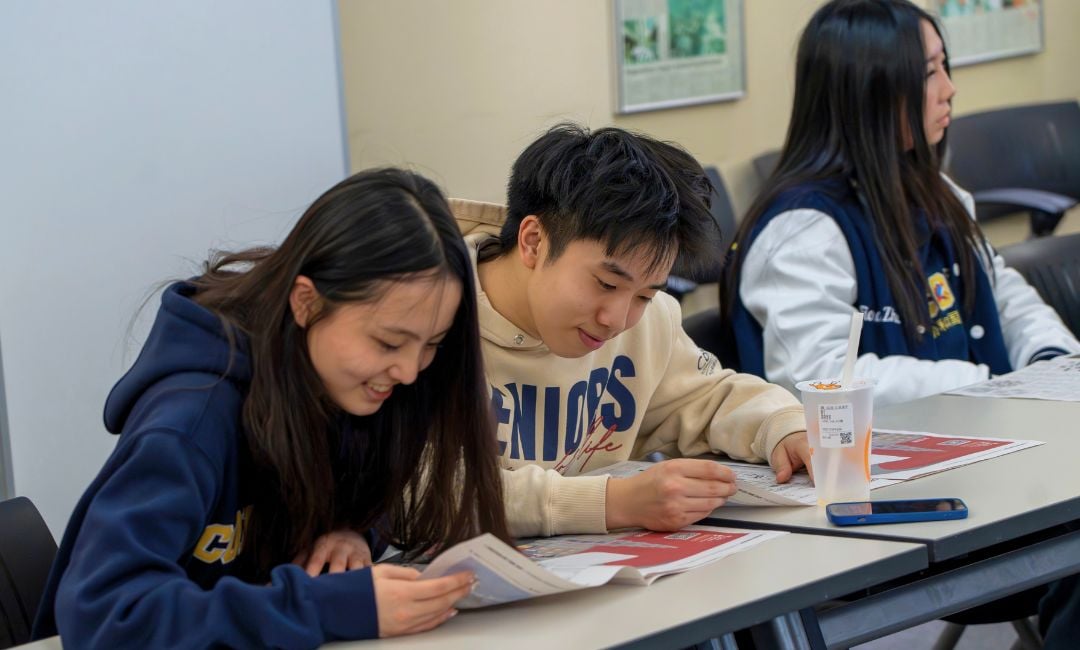 At Concordia International School Shanghai, our focus is on promoting deeper learning, marked by a process where students develop the ability to transfer what they have learned to new situations. We focus our efforts on the holistic development of each student to set them up for success in college and in their future.
At Concordia International School Shanghai, our focus is on promoting deeper learning, marked by a process where students develop the ability to transfer what they have learned to new situations. We focus our efforts on the holistic development of each student to set them up for success in college and in their future.
When it comes to assessing our students, the most important factor that we look at is the progress students are making and how we can maximize the potential of all learners.
Teachers take appropriate measures to discover who their learners are and begin with diagnosis and discovery. A variety of assessment strategies are utilized to understand what each student brings to the lesson, including prior knowledge, motivation, and willingness to learn. Understanding who our students are as learners is fundamental to teachers as they design and adopt evidence-informed instructional strategies that yield the greatest potential to impact students’ learning.
“We utilize a variety of assessments to inform instruction and monitor learning progression. Teachers investigate what students know by administering diagnostic pre-assessment, provide personalized instructional support, feedback and feedforward in order to positively impact student learning,” says Dr. Tania Blatti, Director of Curriculum and Instruction at Concordia International School Shanghai.
At Concordia International School Shanghai, we use internal and external assessments to measuring academic success of student progress and learning gains. Let’s look at how the different assessments at Concordia International School Shanghai measure our students’ academic success.
1. Internal assessments
Our internal assessments’ results are used within a systematic formative process to make decisions about future instruction. Groups of educators come together in professional learning communities to make data-driven decisions for their grade. The students are at the center of these discussions. Additionally, educators communicate learning progressions with students to support students to become assessment-capable learners.
Teachers enable students to reflect on their learning by setting targeted learning goals to support self-regulation and monitor learning progression. When students are taught how to learn, they develop the tools and confidence to solve problems and exercise deeper learning through applying knowledge and skills to complex situations. Students are provided opportunities to work collaboratively and build a strong foundation for their next stage of learning.
“Ultimately students are able to transfer their learning across disciplines and beyond the classroom walls. They have the habits of mind to be able to contribute effectively during collaborative work. In addition to demonstrating persistence, perseverance when faced with challenges, students learn to work effectively with others, and use creativity, insightfulness and strategic reasoning,” says Dr. Blatti.
Projects
Students are provided with authentic learning opportunities and a variety of real-life experiences through a tailored, flexible curriculum that lets students focus on their interests and talents while further developing their academic personalities.
Our project-based curriculum allows for thorough research and an opportunity for students to present their ideas in front of their peers and possibly even wide audiences at various popular events and conferences. You can read more about an example of projects completed and presented by Big Data students here or Global Development studies students here.
Tests and final exams
At Concordia International School Shanghai, we provide students with a variety of assessments to ensure that students are gaining a conceptual understanding, application of abilities, and deep learning.
Along with the results of assessments, we also collect data through a range of questionnaires, anecdotal records, performance tasks, and rubrics to ascertain and evaluate each student's progress. Through this process, we maintain ongoing feedback and feedforward to help reinforce students' learning and direction for the next steps.
What are the expected learning outcomes from the math program? Learn more about them here.
2. External assessments
Measure of Academic Progress (MAP)
The Measure of Academic Progress (MAP) standardized assessment is a test developed by the Northwest Evaluation Association (NWEA). The NWEA is a research-based, not-for-profit organization that supports students and educators worldwide by creating assessment solutions that precisely measure growth and proficiency.
The MAP is designed to measuring academic success student growth and proficiency—and provide insights to help tailor instruction. The MAP assessment is unique in that it is a computer-based, interactive assessment that adapts to be appropriate for students' level of learning. Students of Grade 3 to Grade 8 take this test to help determine their instructional level and measure growth over the course of the school year. At Concordia International School Shanghai, we typically administer the MAP twice within a school year, in the fall and spring.
How Concordia International School Shanghai teachers approach math teaching.
How Concordia International School Shanghai uses external assessments
While Concordia International School Shanghai conducts standardized summative assessments, our primary focus is measuring each student's progress throughout their time at our school and monitoring their learning.
“We have clear learning outcomes aligned to progressions of learning which enables us to measure and monitor student growth,” says Dr.Blatti.
These periodic external assessments, such as MAP, provide us with results or data points that determine the amount of progress our students are making and what we need to do to help them continue to grow.
At Concordia International School Shanghai, the results and data points from these external assessments help us put together the next set of goals on our student’s paths and determine the steps they need to take to achieve those goals.
Keeping these frameworks and methods of assessments in mind, we at Concordia International School Shanghai ensure that our students are consistently aligned with our curriculum and learning outcomes. We work to ensure that students continue developing foundational knowledge, skills, and conceptual understanding, which will benefit their academic success and overall learning abilities.





